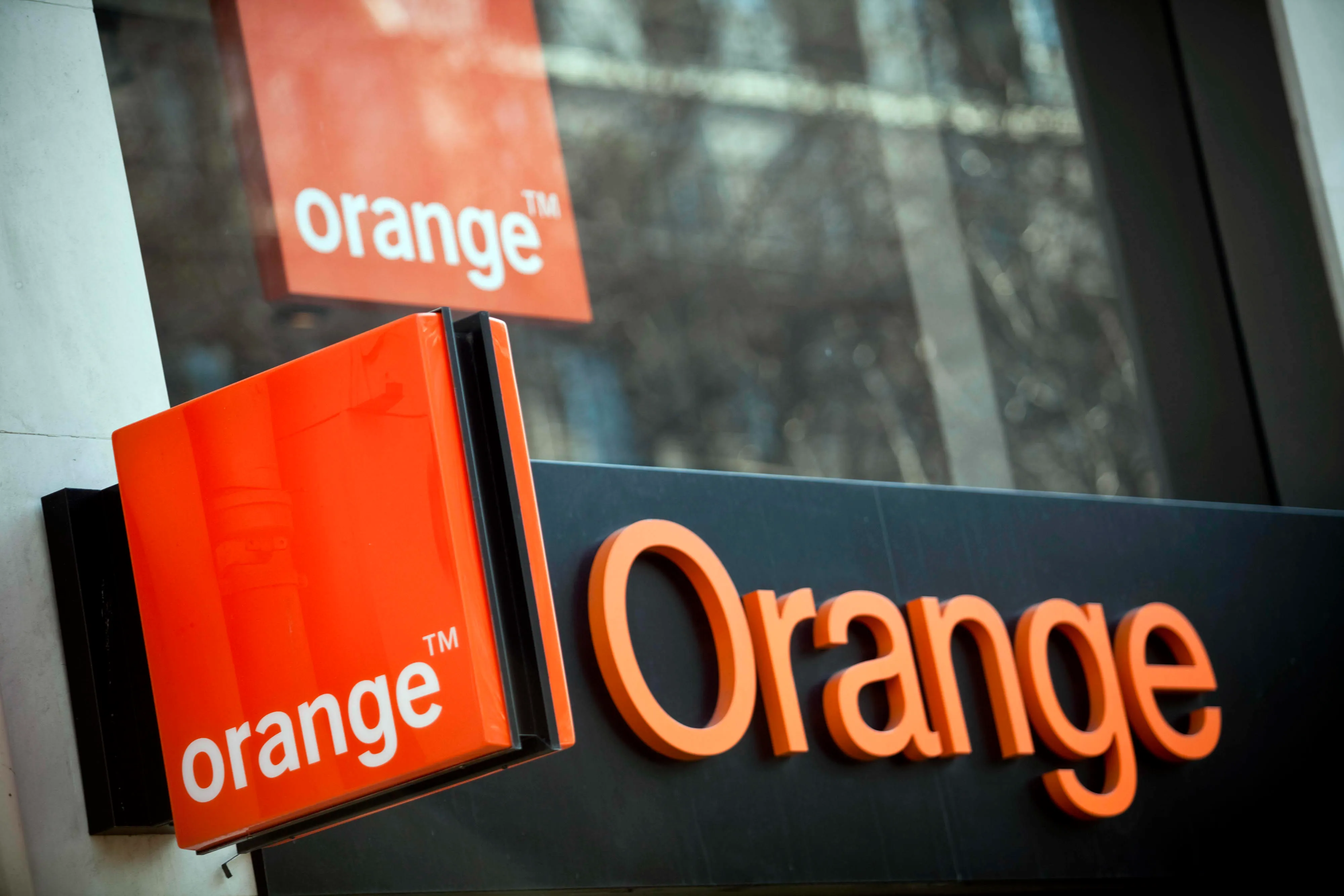Orange SA has reached an agreement to acquire full control of its Spanish joint venture, MasOrange, in a $4.9 billion deal a move that solidifies its presence in its second-largest European market.
The French telecom leader announced on Friday that it plans to purchase the remaining 50% stake in MasOrange from a consortium of private equity investors. Orange expects to finalize a binding agreement by the end of this year, with the transaction closing in the first half of 2026, pending regulatory approval.
According to earlier reports, private equity firms Cinven, KKR & Co., and Providence Equity Partners had been seeking at least €5 billion (approximately $5.9 billion) for their combined stake. At the time, the firms were already in preliminary discussions with Orange about the potential sale, sources familiar with the matter said.
Across Europe, telecom operators have been pursuing mergers and acquisitions in an effort to strengthen their positions within national markets and boost profitability. The industry has long argued that intense competition coupled with the high costs of maintaining advanced infrastructure has squeezed margins. Many operators have urged regulators to allow greater market consolidation, which they believe would lead to healthier pricing dynamics and more efficient operations.
Spain stands out as one of Europe’s most competitive telecom markets. The country boasts one of the continent’s most extensive fiber-optic broadband networks, but overlapping infrastructure among providers has intensified competition and driven down prices. That dynamic has also made Spanish telecom assets attractive to investors such as pension funds and private equity firms, who see stable, long-term returns once the costly network buildouts are complete.
Orange’s move to take full ownership of MasOrange comes just ahead of a major strategy announcement from Telefónica SA, Spain’s largest telecom operator by revenue. Telefónica’s chairman, Marc Murtra, has repeatedly emphasized the need for consolidation within the Spanish market a message that aligns with Orange’s latest decision.
The private equity group initially acquired MásMóvil in 2020 for €3 billion, later merging it with Orange’s Spanish operations in an €18.6 billion deal to form MasOrange. The merger created Spain’s largest telecom operator by customer count, yet competition in the market has remained fierce despite the consolidation.
At the time of the merger, Orange received a €4.4 billion ($5.07 billion) cash payment, which it retained to preserve liquidity and strengthen its balance sheet. This financial flexibility may now be helping facilitate the buyout of its partners’ stake.
For the private equity firms involved particularly Providence Equity Partners the deal represents a highly profitable exit. According to a person familiar with the transaction, Providence, which first invested in MásMóvil in 2016, stands to generate more than eight times its original investment through the sale. The buyout will return roughly €2.8 billion in total proceeds to Providence’s limited partners, the source said, noting that the details are not yet public.
The acquisition underscores Orange’s broader strategy of deepening its European footprint by consolidating in key markets. With Spain serving as a critical growth hub, full control of MasOrange will allow Orange to streamline operations, pursue pricing and network efficiencies, and better position itself against rivals such as Telefónica and Vodafone.
European telecom companies have increasingly turned to mergers and acquisitions as a way to navigate an industry in transition. As data usage soars and infrastructure costs mount, scale and efficiency have become crucial competitive advantages. Analysts say that deals like Orange’s could pave the way for a new wave of consolidation across the continent, particularly if regulators take a more flexible stance.
For Orange, completing the MasOrange buyout not only expands its operational control but also signals confidence in the Spanish market’s long-term potential. Despite ongoing pricing pressures and regulatory hurdles, Spain’s dense fiber network and digital adoption rates remain key advantages for operators looking to capitalize on future connectivity demand.
If the deal closes as planned, Orange will gain complete ownership of Spain’s largest telecom provider by customer base a significant milestone in its European expansion strategy and a potential model for further consolidation moves in other markets.

Subscribe to our newsletter!
As a leading independent research provider, TradeAlgo keeps you connected from anywhere.








